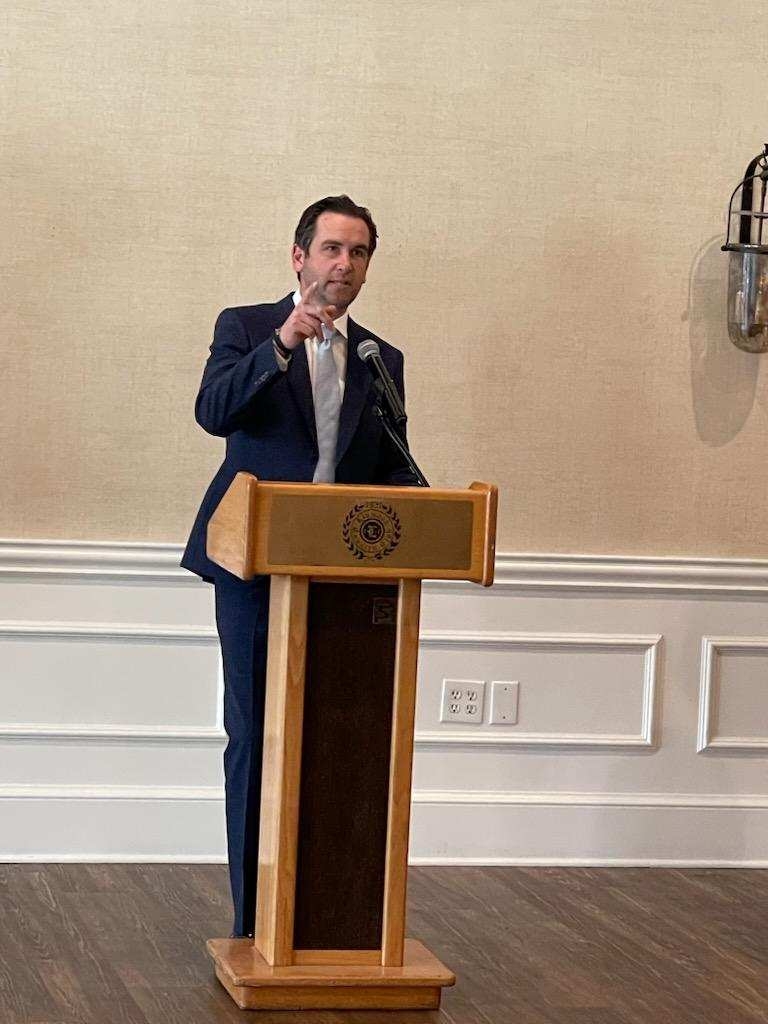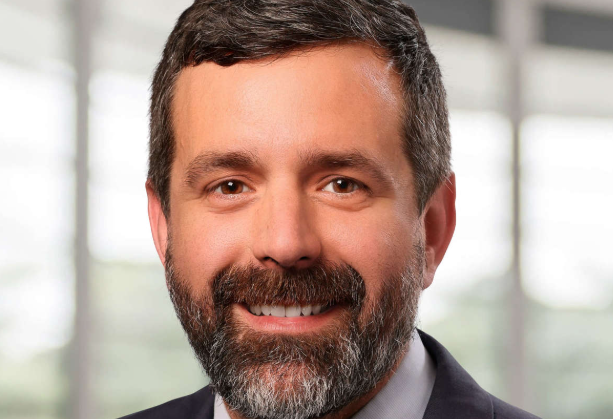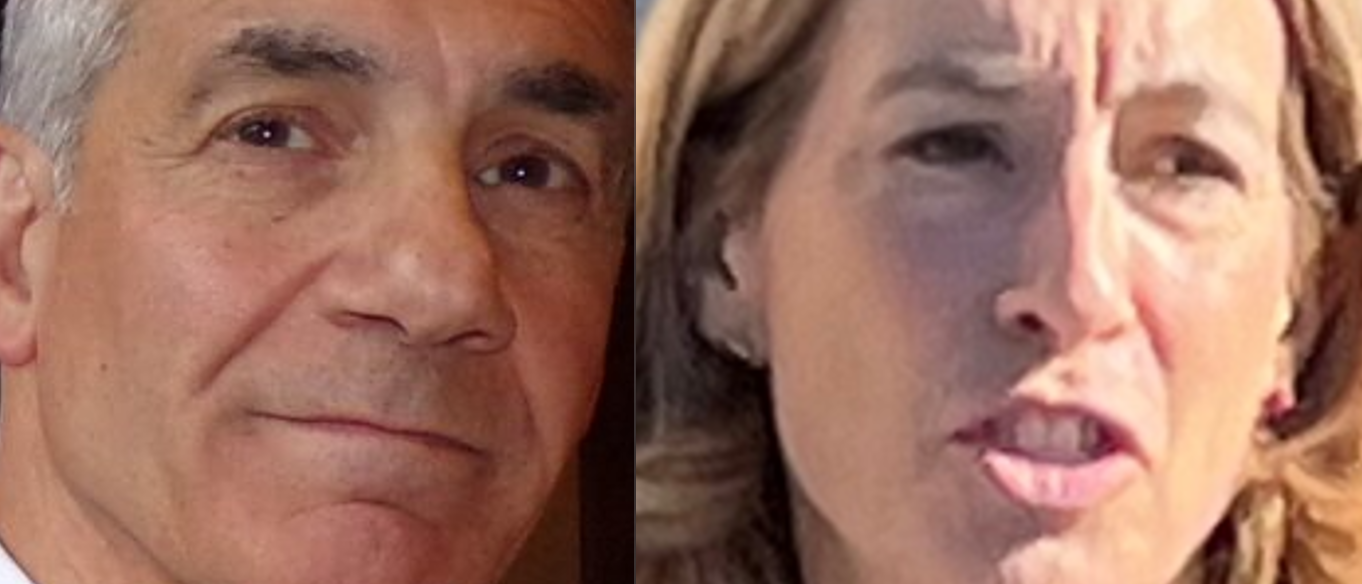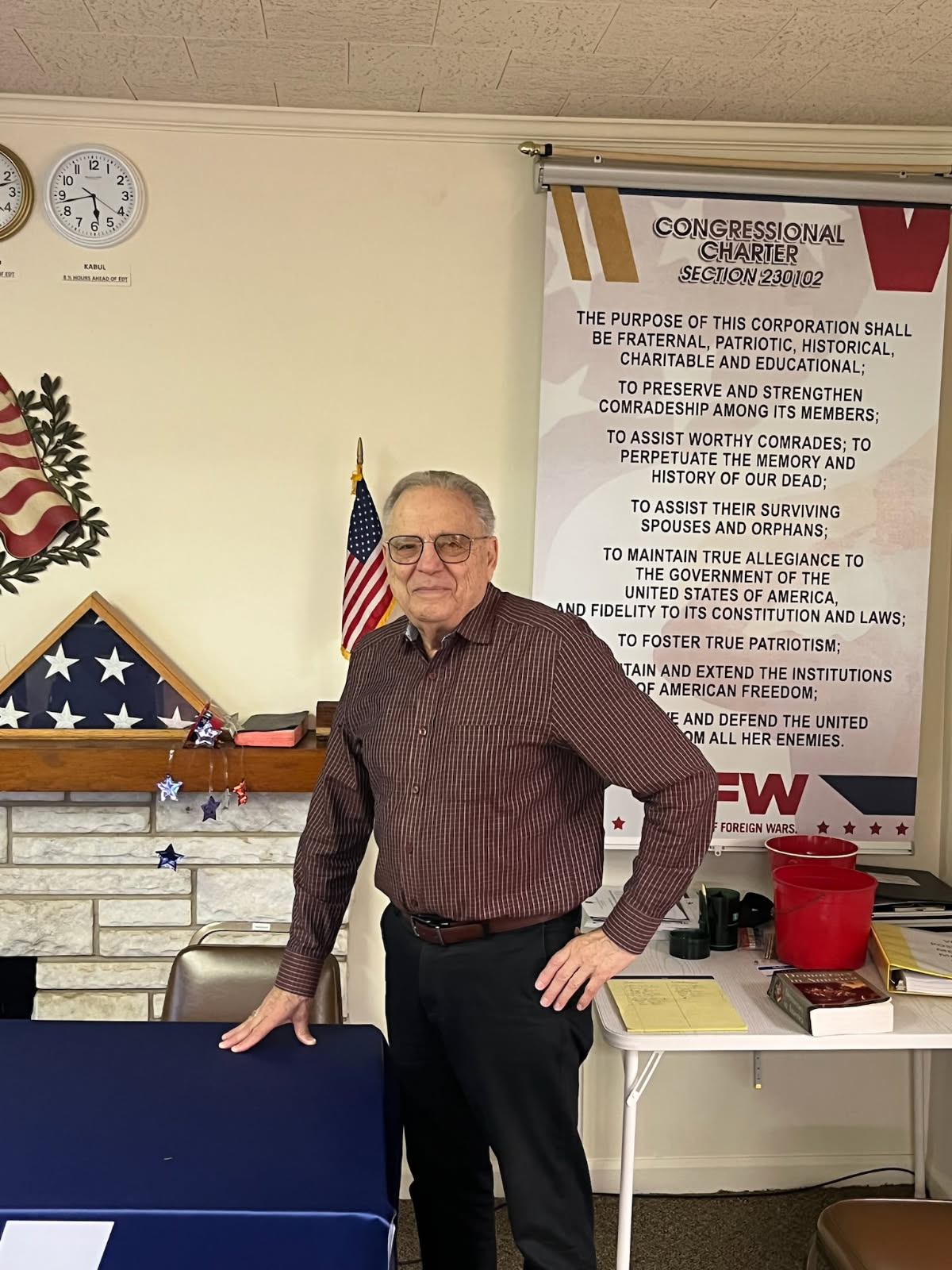
Timing is everything, so it was quite fitting perhaps that Steve Fulop on Monday detailed a comprehensive plan to make government more transparent.
The Jersey City mayor and 2025 gubernatorial candidate acknowledged the coincidence of it all.
Here he was announcing a plan related to ethics and transparency a week after George Norcross was indicted and while Bob Menendez is on trial. And don’t forget the recent “gutting” of the state’s Open Public Records Act.
Fulop is periodically releasing policy statements and he said his transparency plan has long been on the schedule.
But he acknowledged that recent events have “highlighted and amplified” the issue.
No kidding.
As for OPRA, Fulop said he would like to see the law returned to its previous form.
More specifically, Fulop said the “fee shifting” part of the new law may encourage officials to simply not comply.
That’s because under the revised law, towns will no longer be subject to paying legal fees of those who make OPRA requests if they lose.
Fulop is the mayor of the state’s second largest city, but he is clearly trying to run as an outsider. His feelings on OPRA show that.
Along those lines, he said – quite bluntly – that he’s not running to adhere to the dictates of party bosses.
Making that even more clear, the plan Fulop announced today called for ending what he called “the monetization” of being county chair. He meant that party leaders use their political connections to make money.
Stopping that is not going to be easy. but you have to give Fulop credit for raising the issue.
Fulop opposed the “county line,” and wants its elimination to be permanent.
He admitted that his stance against the county line a few months ago prompted some negative feedback from others in the party.
But Fulop says he won that battle, noting that the party’s Senate candidate is Andy Kim, not Tammy Murphy.
“I was right about that at the time, I don’t regret it,” he said.
The mayor also proposed a number of changes in the way elections are run on all levels.
He wants to move all municipal elections to November (some are in May) and to have software programs handle drawings for ballot position. This would eliminate the county clerk literally drawing positions out of a hat, a system that – shall we say – occasionally has been abused over the years.
Many of the reforms Fulop talked about are going to please good government groups and the press. But the practical problem is that county leaders – even without the line – still wield a lot of power in the Democratic primary. We saw that on June 4.
Nonetheless, Fulop said he thinks he still may get support from some of the party leaders who operate in a system that his ethics and transparency plan criticizes.
He said they just have to realize that some things have to change.
(Visited 100 times, 100 visits today)
Click here for the full Insider Index
In a recent article published on Insider NJ, the ethics of Jersey City Mayor Steven Fulop’s endzone dance have come under scrutiny. The dance, which took place during a recent football game, has sparked a debate about the appropriateness of politicians engaging in such public displays.
Fulop’s dance, which was captured on video and shared widely on social media, shows the mayor celebrating a touchdown by performing a choreographed routine with members of the football team. While some have praised Fulop for showing his support for the local community and engaging with residents in a fun and lighthearted way, others have criticized the mayor for using a public event as a platform for self-promotion.
Ethics experts have weighed in on the issue, with some arguing that Fulop’s dance was a harmless and positive gesture that helped to build rapport with constituents. Others, however, have raised concerns about the potential conflicts of interest that could arise when politicians use public events for personal gain.
One of the key questions raised by Fulop’s endzone dance is whether it is appropriate for elected officials to engage in such public displays. While politicians are often expected to connect with their constituents and show support for local events, there is a fine line between genuine engagement and self-promotion.
In the case of Fulop’s dance, some argue that the mayor crossed that line by using a public event to draw attention to himself rather than focusing on the community he serves. Others believe that Fulop’s dance was a harmless and well-intentioned gesture that helped to bring people together and foster a sense of community spirit.
Ultimately, the debate over Fulop’s ethics endzone dance highlights the complex nature of political ethics and the challenges that elected officials face when navigating public events. While some may see Fulop’s dance as a harmless and positive gesture, others may view it as a potential conflict of interest. As politicians continue to engage with their constituents in new and innovative ways, it will be important for them to carefully consider the ethical implications of their actions and strive to uphold the trust and integrity of their office.



